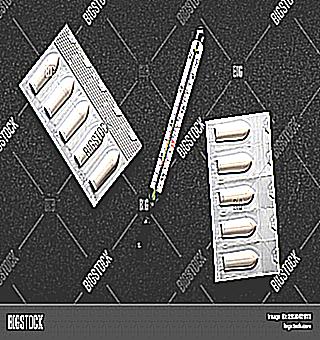Home >
Erectile Dysfunction >
How to choose effective suppositories for prostatitis
How to choose effective suppositories for prostatitis

Therapy of inflammation in the prostate gland should include the following medications and activities:
Advantages and disadvantages of rectal suppositories
Candles for prostatitis in men, both in acute and chronic forms of the course, are only part of complex therapy and cannot replace a full-fledged treatment. Such a dosage form allows the use of medicinal substances for both therapeutic and prophylactic purposes.
The undeniable advantage of rectal preparations over tableted and injectable forms are the following points:
- quick access of drugs to the pathological focus due to the proximity to the rectum,
- direct effect on the organ, bypassing the stomach and liver, which reduces the number of side effects and allows you to reduce the dose of the drug,
- do not have a general effect on the body, working locally,
- do not require professional skills when used independently at home.
Of the disadvantages of this dosage form, it can only be noted that their use should be preceded by bowel movement. And it doesn't always happen on schedule. After the introduction of the suppository, it is recommended to lie down for ten to fifteen minutes, which is also sometimes not available. In addition, unlike tablet medicines, they are difficult to use several times a day.
Types of suppositories to combat prostatitis
Conclusion: it is difficult to find some suppositories that could have the necessary complex effect on the prostate gland. Most likely, in an acute course, the doctor will prescribe a treatment regimen consisting of several drugs, among which there will be rectal suppositories.
Side effects and when not to use candles
Like most medications, suppositories used to treat prostatitis can cause allergic reactions. Most often they are manifested by tissue swelling, burning and local itching, skin flushing.
In addition, these drugs can provoke an exacerbation of chronic gastrointestinal pathology in the form of nausea, periodic vomiting, flatulence, diarrhea.
They are contraindicated in patients with chronic cardiovascular diseases, as they can cause arrhythmia, pressure surges. Men with severely impaired kidney and liver function, with hematopoietic problems and peptic ulcers will have to refuse to use them.
During treatment, the patient may experience increased nervousness, dizziness and headache attacks. The use of such drugs in elderly patients and persons with epilepsy, as well as mental disorders, should be carried out under the close supervision of a specialist.



























